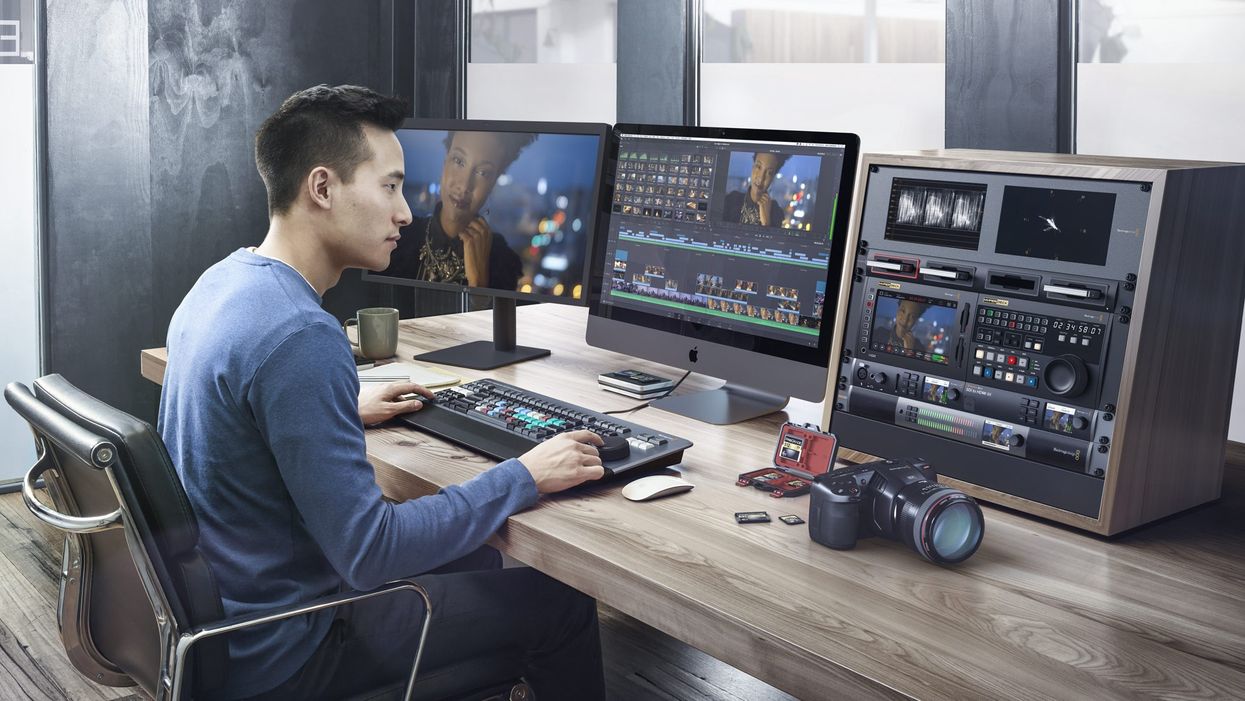Blackmagic's New 'Boring Detector' Might Surprise You
The newest release of Blackmagic Resolve comes with a "boring detector" feature, which highlights shots that run for too long.

In the latest update to Blackmagic Resolve 16, there is now a "boring detector" which can highlight parts of your sequence that are running on too long with an edit. Which has left many filmmakers and cinefiles wondering "what"? Since, of course, as we have covered many here on the site (and proven by the entire career of PT Anderson, among others), there are a lot of compelling reasons to let a shot run long, that continue to be engaging and entertaining and aren't "boring."
We're sure Blackmagic understands that, but it's important to remember that those shots are generally pretty rare. It's because they are kind of rare that they end up getting written about in articles. In the vast majority of content, especially television content, the average length of a shot is now around 2.5 seconds, but even way back the 1930s it was only 12 seconds. And while many still like to call this "MTV" editing, if you look at the chart in the linked article above, it's been a steady speed up over time without any major blips from MTV in the 1980s or digital editing in the 2000s.
For the better part of a century, shots have gotten shorter on average, but even way back in early cinema shots lengths have never averaged all that long. There was never a moment in cinema where anything longer than 15 seconds or so was "average." As is well documented average shot length also varies quite a bit across genre, with horror films having a much longer average shot than action, for instance. This makes sense, since action films need to create a sense of pace and often needs to hide stunt work on an edit, while horror films have to create a sense of tension and fear that requires dragging out one continuous shot as long as possible.
If you are doing the delicate work of crafting a shot that runs longer than average that is going to keep an audience fully engaged, you will know it, and can easily ignore the boring detector, which can be both turned off, and also set to whatever duration you want to call "boring."
But as you continue to refine your edit, changing from a rough assembly to a more refined edit, the boring detector might well be a useful tool for highlighting areas you haven't yet worked on that need your attention, in order to keep your audiences attention fully engaged. While it's unlikely to be a tool that is used to really warn you that you are actually being boring, it seems likely to be a good tool for tracking what areas of your project still need more attention.
Yet another way that the editing and filmmaking process continues to develop.













